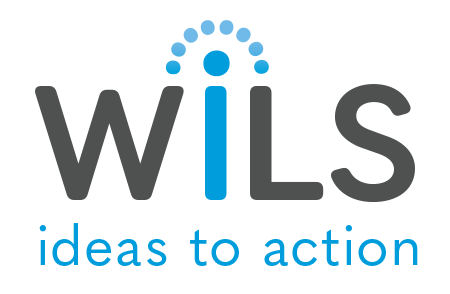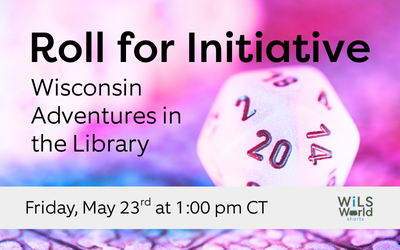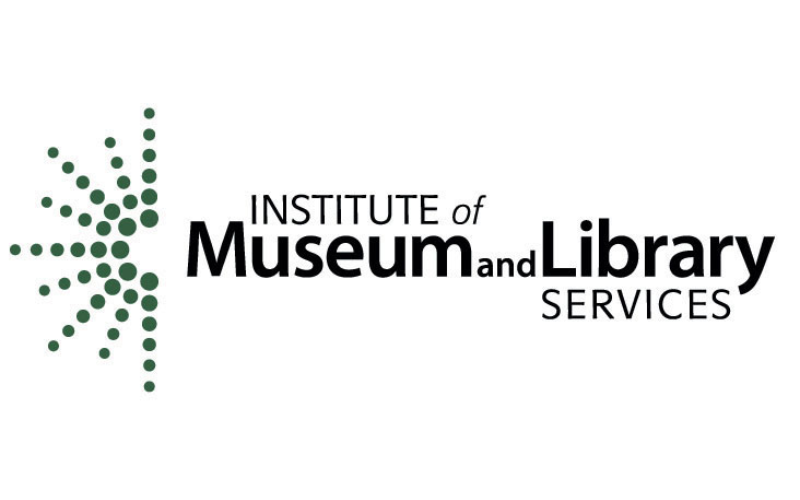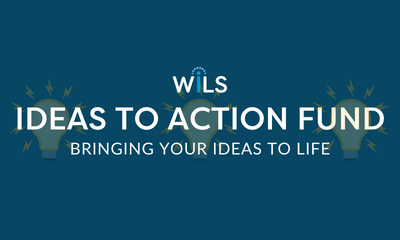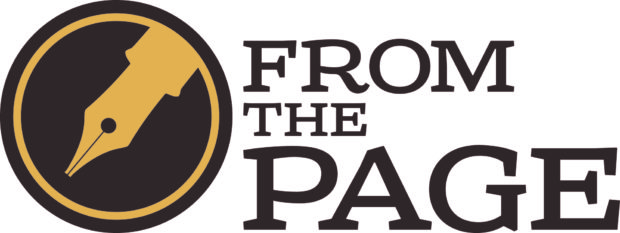
Improving Accessibility of Crowdsourced Transcriptions (October 17, 2024)
This talk will cover small but impactful changes that can be made to conventions and outputs from crowdsourced transcription projects to make them more accessible to blind and print-disabled people. We will share insights from blind and low vision study participants and discuss adjustments that improved their experiences like semantic markup for headings, line breaks, additions, and deletions. We think that this work may have further implications on crowdsourcing and scholarly editions and promoting inclusion for people with disabilities. This talk expands on previous work shared at the DH2024 conference in August 2024, which has already resulted in small changes to FromThePage. We are hoping to have a conversation with other practitioners about approaches to accessibility and testing with people with print disabilities.
The webinar is on October 17, 2024 at 12:00 PM EDT, 11:00 AM CDT, and 9:00 AM PDT. Signing up will send you an invitation with the details and a follow up with the recording.
Sign up here!The Speakers:
Victoria Van Hyning is an Assistant Professor of Library Innovation at the College of Information, University of Maryland, College Park (joined 2020). She has a background in medieval and early modern English literature, digital humanities, citizen science and cultural heritage crowdsourcing, and publishes in these areas. She is a co-founder and Director of the Center for Archival Futures (CAFe) where she focuses on community cultural heritage, crowdsourcing, and data reuse, and a member of the new Maryland Initiative for Digital Accessibility (MIDA). She was awarded an Institute of Museum and Library Services Early Career Grant in 2022 for her project “Crowdsourced Data: Accuracy, Accessibility, Authority (CDAAA),” to investigate the sociotechnical barriers that libraries, archives, and museums (LAMs) face in integrating crowdsourced transcriptions into their discovery systems, and whether transcriptions increase accessibility for people who are blind or low vision and use assistive technology to access web content. Victoria previously worked at the Library of Congress on the By the People project (2018-2020), and held a British Academy Postdoctoral Fellowship in English literature at Oxford University, where she also served as the Humanities PI of the crowdsourcing platform Zooniverse.org (2015-2018).
J. Bern Jordan is an Assistant Research Engineer in the College of Information at the University of Maryland. He has a background in biomedical engineering and has been working in the field of accessibility for over 20 years. He is principal investigator and director of the TRACE Rehabilitation Engineering Research Center (RERC) on Universal Access to ICT and a member of the Maryland Initiative for Digital Accessibility (MIDA). To help improve accessibility practice, he has contributed to accessibility guidelines, standards, and rulemaking of the DOJ, DHHS, DOT, FCC, US Access Board, World Wide Web Consortium (W3C), IEEE, and UL Standards & Engagement, and he has worked with various US agencies and organizations on accessibility, including the US National Library Service, US Capitol Visitor Center, Smithsonian Air & Space Museum, FDIC, and NIST. His work has included the development of techniques for cross-disability access to kiosks and other public self-service transaction machines, safety of flashing content for photosensitivity, the development of hands-on accessibility training workshops, and research into automatic user interface generation and adaptation. He has consulted with over a dozen companies large and small on improving accessibility in their own products, and he has also consulted with the RADx Tech Initiative of NIH on the accessibility of at-home tests, apps, packaging, and instructions for COVID-19, other respiratory diseases, and for maternal health concerns.
